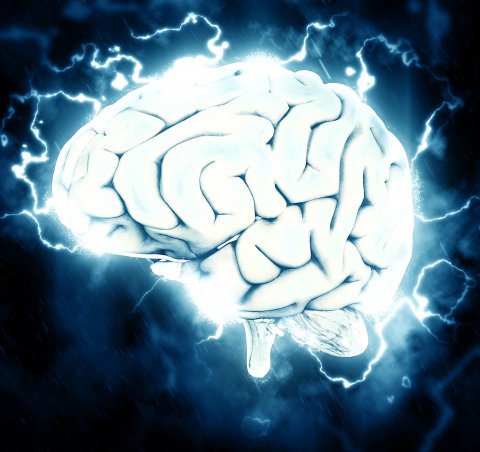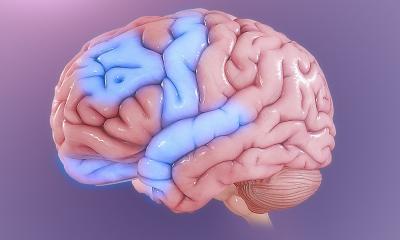News • Glucose metabolism
Sugar and stress: how are they connected?
Chronic stress is a well-known risk factor for the development of psychiatric illnesses including depression disorders. The brain requires a great deal of glucose, and stress is known to alter glucose metabolism. However, if stress-associated mental impairments are linked to affected glucose metabolism remains to be seen.

Researchers at the Department for Psychiatry and Psychotherapy at the Mainz University Medical Center and the German Resilience Center (DRZ) in Mainz have now discovered that stress-induced mental disturbances in mice are directly linked to abnormal glucose metabolism. Normalizing the stress-induced alterations in glucose levels, using the anti-diabetic drug empagliflozin, restored spatial memory as well as long-term glucose metabolism. The results have been published recently in the scientific journal Proceedings of the National Academy of Sciences (PNAS).
The human brain needs a huge amount of energy to function, about ten times more than all other parts of the body. These energy demands make the brain very sensitive to changes in energy supply. Glucose uptake from the blood is very important in this process. Why does chronic stress lead to psychiatric disorders in some people (susceptible) while others, who experience similar life events, remain healthy (resilient)? Does chronic stress lead to stress-dependent changes in glucose metabolism? And are stress, glucose metabolism, and psychiatric alterations directly linked? These questions are being addressed by researchers in the Translational Psychiatry lab of Professor Marianne Müller at the University Medical Center of Johannes Gutenberg University Mainz (JGU) together with collaboration partners.
In the study presented here, researchers have investigated long-term changes in glucose metabolism in an animal model for chronic social stress. Stress disrupted glucose levels and its metabolism in the periphery as well as in the brain. These defects led to spatial memory impairments. Stressed animals displayed increased blood glucose levels that developed early after stress, and the brain was hyperglycemic while showing reduced glucose uptake. To investigate whether the high glucose levels after stress are harmful, researchers made use of the anti-diabetic medication empagliflozin. Addition of empagliflozin to the normal food stimulated glucose excretion through the urine, which normalized the stress-induced hyperglycemia.
Our results demonstrate that chronic stress can impair spatial memory through alterations in glucose levels and that intact glucose metabolism is pivotal for memory-related processes
Michael van der Kooij
“However, not all animals responded the same,” says Tanja Jene, PhD student and co-first author on the work. “Within the stressed population clear subgroups could be distinguished, i.e., those that increased glucose levels after stress whereas others kept normal glucose levels.” Interestingly, only stressed individuals with high glucose levels after stress developed cognitive impairments (susceptible). High glucose stressed animals also benefited strongly from empagliflozin treatment as spatial memory was normalized as well as long-term glucose metabolism. However, for stressed animals that kept normal glucose levels (resilient), empagliflozin impaired their – otherwise intact – spatial memory.
"Our results demonstrate that chronic stress can impair spatial memory through alterations in glucose levels and that intact glucose metabolism is pivotal for memory-related processes," explained Dr. Michael van der Kooij, who designed the study in the Mainz-based Translational Psychiatry lab. "Furthermore, the findings highlight the importance of individuality since all subjects experienced the same stress, but only a proportion was susceptible as these developed disturbances at the levels of glucose metabolism and, hence, cognitive impairments. The fact that stress-susceptibility or resilience could be predicted early after stress by measuring blood glucose levels fuels the belief that perhaps in humans with stress-related disorders, such as depression, abnormal glucose metabolism may also play a major role and that the classification strategies as employed in the current study could enhance treatment efficacy."
Source: Mainz University Medical Center
25.10.2018











